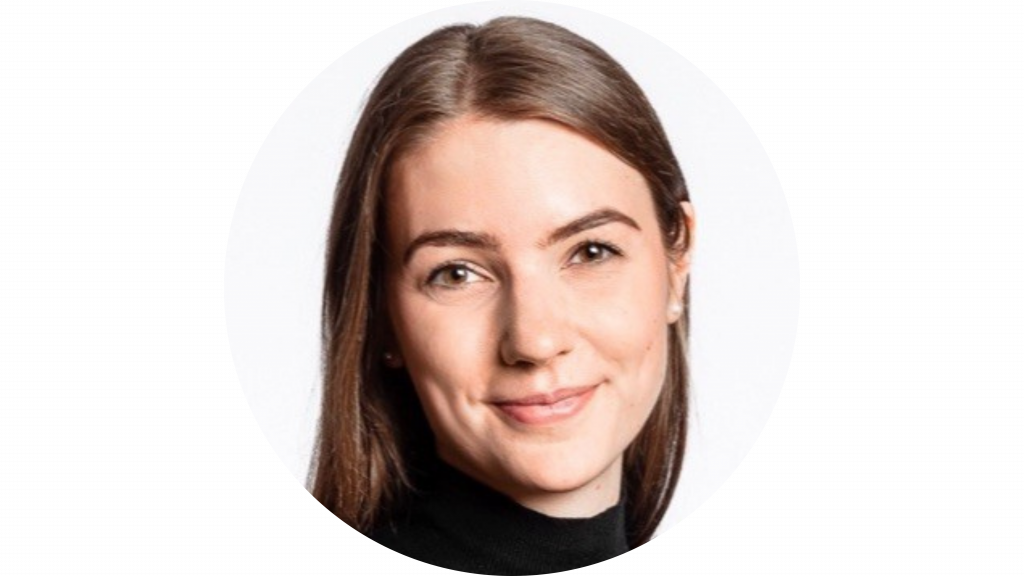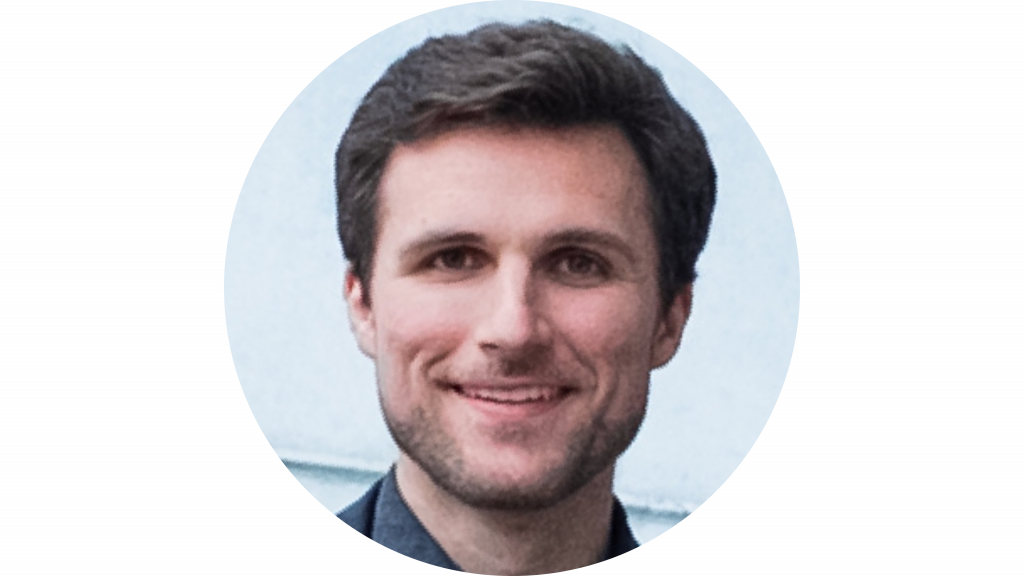Who. What. Why.
ecologistical provides recycling companies in the global south with advanced logistics systems, enhancing their efficiency and impact on plastic pollution reduction.
Our mission
Around 60% of all plastics used for recycling are collected by waste pickers in the global south. They make a major contribution to combating plastic pollution. These individuals collect plastic waste and deliver it to local collection points. Recycling companies then take over, processing it into PCR (Post Consumer Recyclates), thus completing the cycle initiated by waste pickers in reducing plastic waste.
As a non-profit initiative, we support the expansion of existing initiatives for plastic reduction in the global south. By providing local recycling companies with logistics optimization systems tailored to their needs, we increase their efficiency and impact.
Our strategy
Together with local recycling companies, we have identified three operational challenges. Here is how we tackle them:

Vehicle routing
Plastic waste is gathered at decentralized collection points, requiring transportation to recycling facilities. These are often located a considerable distance away, sometimes taking a truck up to a day to reach. Optimized vehicle routing offers a significant double-win for sustainability. Studies show that costs can be decreased by up to 30% through lower fuel consumption and operating costs by reducing the total distance traveled and the empty space in truck loads. By harnessing advanced algorithms for route optimization, we ensure efficient coverage of collection points, whether nearby or in the most remote locations.

Plastic collection forecasting
Fluctuating volumes of plastic waste at collection points are a major challenge for logistical planning that undermine transportation efficiency. Using advanced forecasting techniques, we predict the future availability of plastics at each collection point. By integrating these forecasts into our route planning algorithms, we optimize truck routes to effectively account for fluctuating plastic volumes.

PCR demand forecasting
Demand forecasting for recycled plastic presents a similar challenge as waste forecasting, as both insufficient and excessive inventory levels pose financial risks that hinder expansion. To address this, we employ forecasting methods to predict future demand accurately. By ensuring the right balance of recycled plastic inventory, we mitigate financial threats and bolster the market position of PCR against virgin plastic.
Cooperation partner
Mr. Green Africa
Our Kenya-based partner, Mr. Green Africa, is Africa’s first B Corporation-certified recycling company. Following fair trade principles, they drive sustainable impact by collecting, converting, and selling post-consumer plastic waste. While their recycling facility is based in Nairobi they source plastic from all over Kenya. Mr. Green Africa provides us with data and expertise, ensuring that our efforts align precisely with the evolving needs and objectives of recycling companies on the African continent.
Team
Based in Vienna, we recognize plastic pollution as a global issue demanding collective action. We are convinced that we can achieve the most as a society if everyone uses their individual skills to create positive change.

Helena Korndörfer
Having studied Business Analytics and gained experience in a logistics company, Helena has seen first-hand the immense leverage of efficient logistics – from bolstering supply chain resilience to minimizing resource consumption.
With a particular interest in vehicle routing problems, she is passionate about solving diverse challenges within this domain.
In her spare time, Helena is on a quest to improve her badminton skills.

Raphael Schönball
As a mathematician and NLP engineer, Raphael Schoenball is committed to leveraging the digital for the benefit of society. He believes that digital solutions have the potential to be a global leveller. They can address issues such as poverty, hunger and human trafficking.
He seeks to play his part by launching digital initiatives in both the public and private sectors.
As a hobby musician, Raphael conducts a student choir in Vienna.
